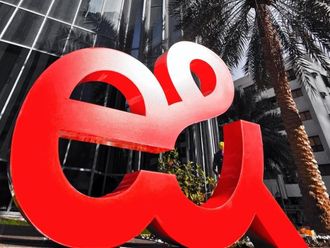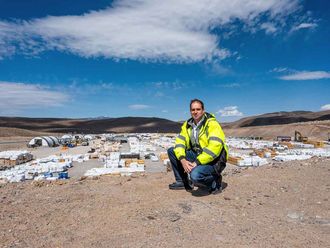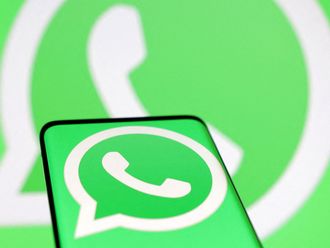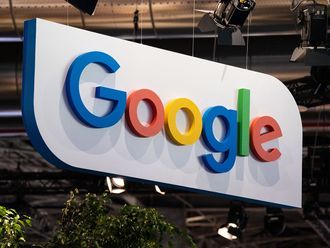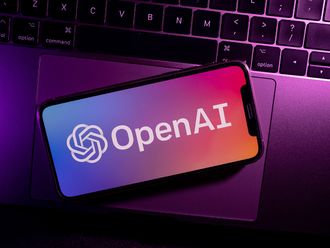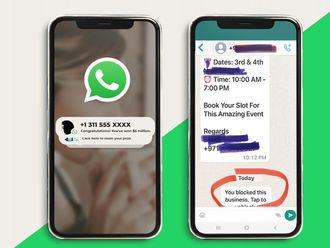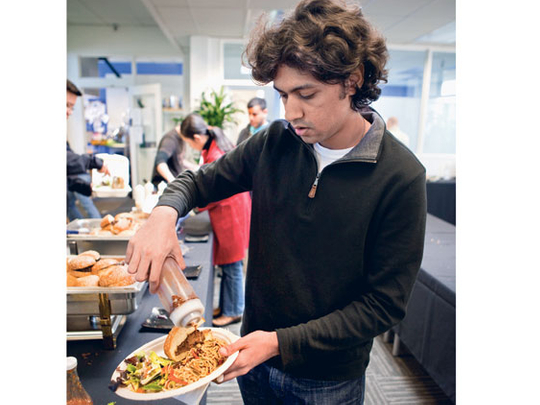
San Francisco: The 700 people lucky enough to work for online social-games maker Zynga Game Network Inc. feast on exotic gourmet grub prepared by professional chefs. They soothe stress with a visit to the company masseuse or reflexologist. And they take a break to get their hair cut. All for free.
If singled out for a quarterly award, an employee can win a weekend spin in a Lamborghini or a carload of vested stock.
No perk is too small.
Administrative assistants are even dispatched to engineers' homes to wait for the cable guy so engineers can stay laser-focused on developing the next hit game.
During the downturn, some Silicon Valley firms cut back on the free food and other goodies. That's starting to change.
With the tech-heavy Nasdaq stock index up 90 per cent over the last year, investors are bankrolling new companies looking to invent the next big thing in social networking, mobile phones and other new technologies.
And that's led companies to try to outperk the competition once again.
"The competitive nature of Silicon Valley forces you to get creative," said Farbood Nivi, founder of San Francisco's online learning start-up Grockit.
Flexible hours
Other common perks include upgraded health plans, flexible hours, gym memberships and tuition reimbursement. There's the vast cornucopia of free snacks (vegan cookies and coconut water) and services (dry cleaning and leather repair).
Grockit picks up the tab for employee health insurance and contributes $100 (Dh367) a month to each worker's health savings account. During a workday, employees can gather at a long table at Grockit's headquarters — a hip Mission District loft — and enjoy free organic meals.
The perks being offered often reflect the character of the business.
Airbnb Inc., for example, offers free travel. The San Francisco firm that helps people rent out rooms to travellers dispatches its employees to visit hosts around the world. As a result, they can spend up to five per cent of their jobs travelling.
Sometimes, a perk is simply fun.
Social publishing company Scribd encourages roughhousing. Every evening, the freewheeling San Francisco headquarters turns into a go-cart track with employees either "scracing", zooming around the office in a figure eight, or playing "go-cart tag", earning points for bumping another player from behind.
The layout of the office, with its six pairs of eight-sided concrete columns running down the middle, also proved ideal for a zip line.
"Pretty soon we are getting a ball pit for the end of the zip line, and I'm still thinking about where we can put a hot tub," said Chief Executive Trip Adler.
At Asana, an internet software developer, it's all about creating a workplace nirvana where employees can focus on their work and on the big picture, said Justin Rosenstein, who started the outfit with Facebook Inc. co-founder Dustin Moskovitz.
The San Francisco start-up doles out $10,000 to recruits to spend as they like on computers and electronic equipment. They also get catered meals and twice-weekly yoga lessons.
"Employees should pretty much get whatever will help them be more productive, since their energy and time are invaluable, and small expenditures can go a big way in making people happier and more effective," Rosenstein said.
Technology
Paul Saffo, a Stanford University professor who studies the future of technology, said such perks — like Wall Street bonuses — may sound extravagant but are not.
"Despite the downturn and the number of people on the street looking for jobs, filling or replacing a knowledge-worker job at a Silicon Valley company is a complex, expensive process," he said. "Companies have a very powerful incentive to do everything they can to make an employee happy."
Motivational experts like "Drive" author Daniel Pink applaud Silicon Valley for its counterculture mind-set.
Unlike elsewhere in corporate America, where top executives vie for corner offices and country club memberships, perks here do not come with rank. But they do come with a sense of freedom and purpose, something employees crave more than free food and massages, Pink said.
He points to the motivational success of Google Inc.'s encouraging engineers to spend 20 per cent of their time on side projects of their choosing, some of which became major initiatives.
"The rallying cry at many companies is ‘Let's raise earnings per share two cents a quarter.' That's not going to get someone to jump out of bed in the morning and race to do something extraordinary," Pink said.
Early pioneers, such as Hewlett-Packard Co., gave gifts to newlyweds and new parents, hosted annual picnics and showered employees with free snacks and coffee.
The "HP Way", based on the belief that happier workers are more productive and loyal, inspired generations of Silicon Valley companies to come up with new carrots, such as stock options that could turn into riches.
In 1999, Google revolutionised campus dining by hiring its own chef.
It eventually opened 16 cafes that serve up free, mouthwatering meals to the growing workforce at its Mountain View headquarters, which also boasts swimming pools and volleyball courts.
It offers other enticements such as free on-site medical care, laundry facilities and fitness centres as well as subsidised personal trainers and massages.
Company shuttle buses equipped with wireless internet ferry more than 1,400 employees to and from Google offices daily. Not to be outdone, Facebook lured away one of Google's top chefs, Josef Desimone, who prepares 14,000 meals a week for his new employer. It also lifted Google's idea of shuttling employees through the Bay Area's congested corridors.
As its workforce exploded to 1,200, Facebook added family-friendly policies. Raquel DiSabatino, who manages consumer marketing programmes for Facebook, recently returned from four months of paid maternity leave. Through a programme called Baby Cash, Facebook gave her $4,000 to help pay for baby gear.
Zynga may have some of the more generous perks, said Amitt Mahajan, a lead developer on the company's popular game FarmVille who won a $5,000 quarterly award and took his girlfriend to Spain.
His colleague Ginger Larsen, an associate on another popular Zynga game, Mafia Wars, is hooked on the company-paid once-a-week acupuncture treatments, which appeared to cure stomachaches that had bothered her all her life.
Even with all the perks, Zynga's Chief People Officer Colleen McCreary says, the company is trying to work to prevent a potential fallout: a culture of entitlement. "We do have a workforce for whom this is their first job out of school," McCreary said.
"I worry if they ever wanted to go work somewhere else. What a shock to the system that would be."


